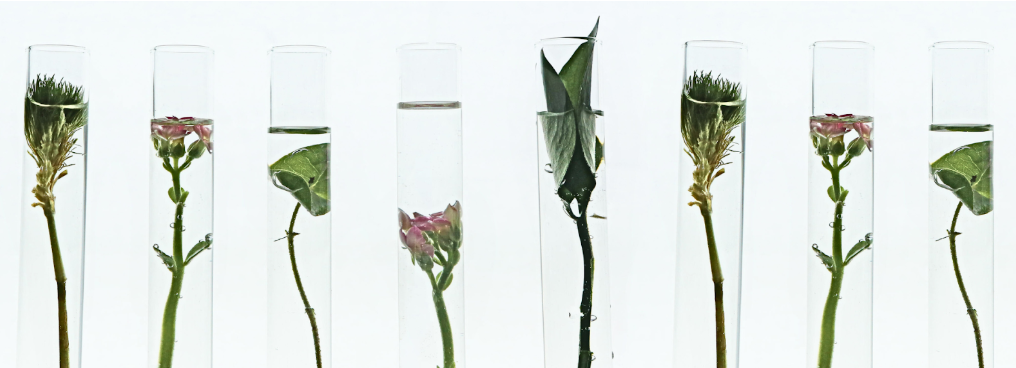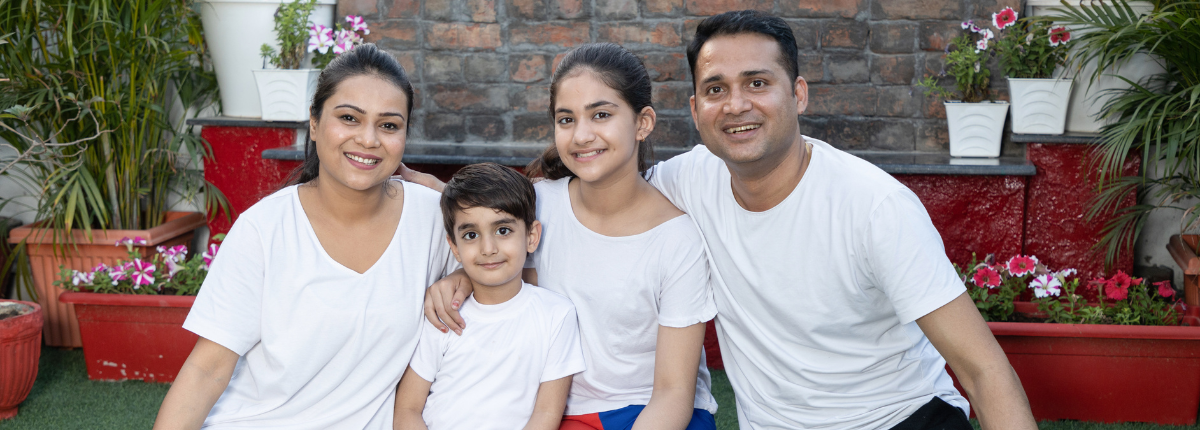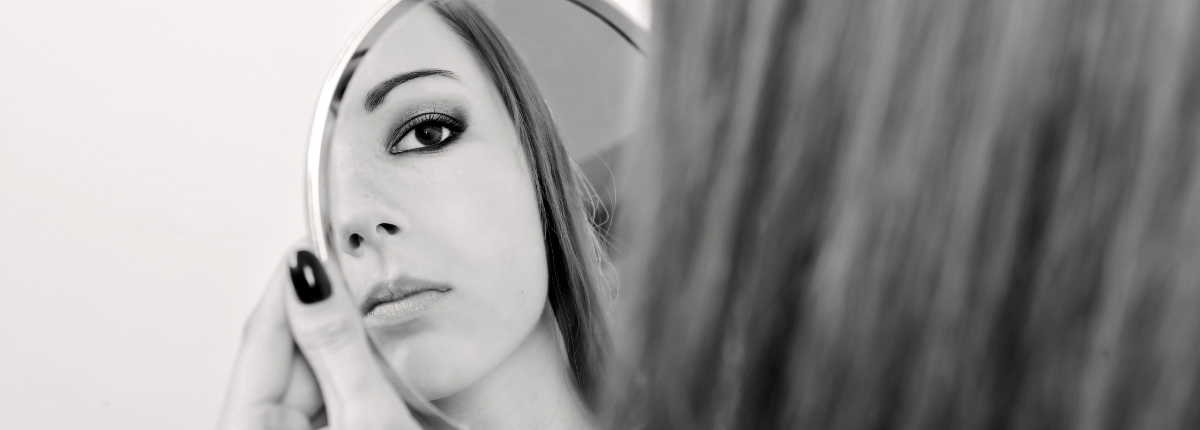National Suicide Prevention Month is a time when we mourn the loss and celebrate the lives of those who have been taken from us by suicide, as well as raise awareness for the various precursors to suicide: anxiety, depression, eating disorders, and other mental health issues.
Content note: Descriptions of eating disordered behaviors and suicide.
It is a long month for so many. It is long for the hardworking members of so many incredible organizations that work to prevent suicide. It is long for those who are suffering from poor mental health, as triggers abound. It is long for those who have lost ones they knew and loved. However, I believe it is especially long for those who are attempting to choose recovery in the face of the loss of someone they knew who died by suicide.
I began classes at the University of Pennsylvania in August of 2013. During my first year of university, I developed anorexia and was hospitalized in June 2014. By this time, the string of student suicides that would define much of my university experience at UPenn had already begun. While I was beginning inpatient recovery for an eating disorder I did not ask for alongside my confused but supportive family, the family of Madison Holleran was mourning the loss of their daughter, a fellow Penn freshman in my dorm. Madison’s death would go on to gain national attention, spur the creation of state legislation for mental health resources on college campuses, and be explored through a book written by renowned espnW journalist Kate Fagan.
As many of you can personally attest to, eating disorder recovery is hard enough within one’s own mind and body. Add in external factors like the loss of loved ones, particularly by suicide (another deadly result of poor mental health) and recovery hope can waver easily. My university years were largely defined by both my struggle to continue on the path to eating disorder recovery as well as by the loss of 12 classmates by suicide in a span of four years.
So, what can we do? How can we, as friends, family, and acquaintances of those who have been taken from us by suicide, cope with this reality and find hope for the future? How can we, as those in eating disorder recovery, cope with loss while maintaining our focus on our own mental health?
While I was at university during this tumultuous time both in my own life and around me, I found incredible hope and peace in opening up to others, both about my feelings regarding my classmates’ deaths and my own struggle to choose recovery. I deeply believe that, as humans, we were made to be in community with other people. We are made to share. We are made to share all of life: the beautiful, the messy, the fears and doubts, the deep sadness, and the hope we have for the future.
Here’s how we can continue choose recovery in the face of immense loss and to honor the lives of those we know and love lost by suicide:
- We can open up to a trusted few or many about our deepest sadnesses, fears, losses, and experiences.
- We can share our emotional, mental, and physical burdens with one another in scary and vulnerable ways.
- We can set appropriate mental and emotional boundaries to maintain our own precious recovery if we are not prepared to process the loss of someone we know without judgment or guilt.
- We can educate and talk about suicide in new and powerful ways.
- We can tend to the mental and emotional health of our friends, family, and acquaintances in ways we would not have thought of before and hopefully prevent future suicides in ones that we know and love.
There is much that we can do, even when we feel powerless in the face of immense loss. A precursor to action and education, however, is processing and learning to cope with our own thoughts and feelings regarding loss. We must start with ourselves and work outwards to helping others and taking action.
This September, my deepest wish is that we can come together as those in recovery, those who have experienced loss, and simply as messy human beings with messy feelings and support one another through pain and loss. Will you join me?
For recovery resources and treatment options, please visit our resource center. If you or someone you know is struggling with an eating disorder, call ANAD’s Helpline at: (888) 375-7767 or the National Alliance of Eating Disorders Helpline at: (866) 662-1235.
If you are thinking about suicide, call or text the National Suicide Prevention Lifeline at 988. In crisis situations, text “NEDA” to 741741 to be connected with a trained volunteer from the Crisis Text Line.
Stephanie Virbitsky is a budding business professional and a recent graduate of the Wharton School of Business at the University of Pennsylvania where she concentrated in Management and Social Impact & Responsibility. An eating disorder survivor, she hopes to educate others on the risks of eating disorders in sport as well as promote a balanced lifestyle. An integral part of her recovery has been her relationship with Jesus and the amazing support network that she has through family and friends. She enjoys running, writing, and traveling.





